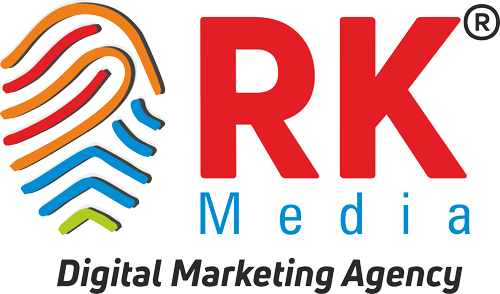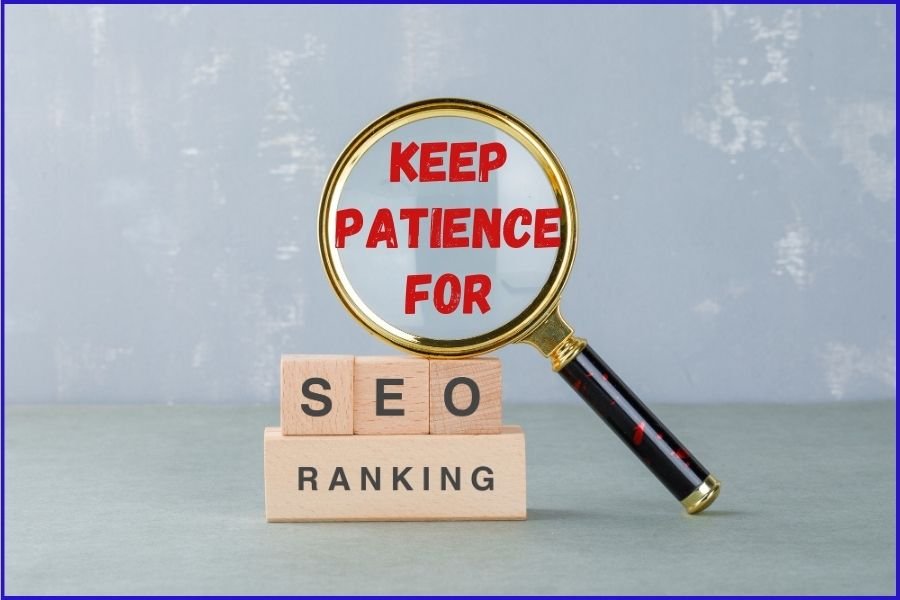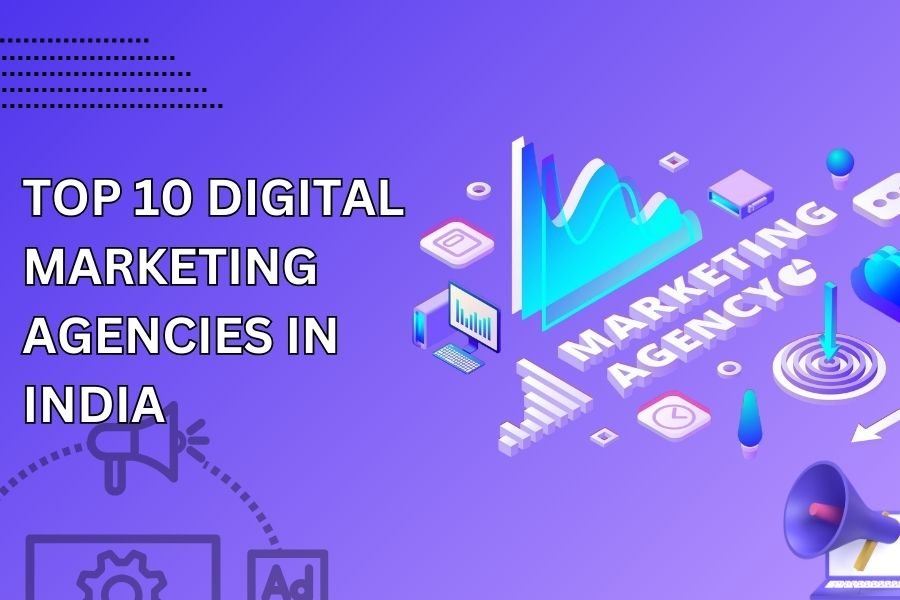Navigating the Healthcare Maze: How Digital Marketing Can Revolutionize Patient Journeys and Healthcare Services
Introduction
The healthcare industry is undergoing a rapid transformation, driven by technological advancements, changing patient expectations, and a complex regulatory landscape. In this dynamic environment, healthcare providers face a multitude of challenges, including attracting and retaining new patients, enhancing patient engagement and satisfaction, building brand awareness and trust, and navigating regulatory compliance and legal hurdles.
Digital marketing has emerged as a powerful tool to address these challenges and revolutionize the healthcare experience for both providers and patients. By leveraging the power of digital platforms, healthcare providers can reach a broader audience, engage with patients more effectively, build a strong online presence, and streamline administrative processes.
Pain Points in Healthcare Services
Attracting and Retaining New Patients:
- Healthcare providers face increasing competition, making it challenging to stand out and attract new patients.
- Traditional marketing methods may be less effective in reaching a broader audience and targeting specific demographics.
- Digital marketing offers a more targeted approach, allowing healthcare providers to reach potential patients through online channels like social media, search engines, and email marketing.
Enhancing Patient Engagement and Satisfaction:
- Patients often feel disconnected from their healthcare providers and lack personalized care experiences.
- Digital marketing can foster stronger connections and engagement by providing patients with access to self-service tools, online consultations, and educational resources.
- Social media platforms can create a more interactive and personalized communication channel, enabling healthcare providers to address patient concerns and build relationships.
Building Brand Awareness and Trust:
- In today’s information-driven world, building trust is crucial for healthcare providers.
- Traditional marketing methods may not effectively convey the expertise and reputation of a healthcare organization.
- Digital marketing can help build brand credibility through informative content creation, online reviews, and strategic partnerships.
- Engaging with patients through social media and online communities can enhance brand visibility and trust.
Navigating Regulatory Compliance and Legal Hurdles:
- Healthcare providers are subject to strict regulatory requirements and legal considerations when utilizing digital marketing tools.
- Misrepresenting services, using misleading claims, or failing to comply with privacy regulations can have severe consequences.
- Working with experienced digital marketing agencies can help healthcare providers navigate these complexities and ensure compliance with relevant laws and regulations.
Pain Points for Patients
Difficulty Finding Reliable and Accessible Healthcare Providers:
- Patients may face challenges in finding healthcare providers that meet their specific needs and are in their geographical area.
- Traditional methods of searching for healthcare providers may be inefficient and time-consuming.
- Digital platforms like online directories, patient reviews, and telemedicine services can make it easier for patients to find reliable and accessible providers.
Lack of Transparency and Understanding of Healthcare Costs and Procedures:
- Patients often feel overwhelmed by the complexities of healthcare costs, insurance plans, and treatment options.
- Healthcare providers may struggle to communicate pricing information clearly and transparently.
- Digital marketing can help educate patients about healthcare costs, insurance coverage, and treatment options through clear and accessible online resources.
Inadequate Communication and Personalized Care:
- Patients may experience impersonal and fragmented communication with their healthcare providers.
- Appointment scheduling, follow-up reminders, and patient education materials may be inefficient and lack personalization.
- Digital tools like patient portals, text messaging, and online education resources can enhance communication and personalization.
Frustration with Navigating the Healthcare System:
- Patients may face lengthy waiting times, appointment scheduling issues, and difficulty accessing necessary records.
- Digital communication tools can streamline administrative processes, improve appointment scheduling, and facilitate access to patient records.
- Online portals and chatbots can provide self-service options, reducing the burden on healthcare providers and enhancing patient satisfaction.
How Digital Marketing Can Help Healthcare Providers
Attracting and Retaining New Patients:
-
Targeted Online Campaigns: Healthcare providers can create tailored online campaigns to reach their specific target audience, including specific demographics, health conditions, and geographic areas. Utilizing search engine optimization (SEO) and paid advertising can help their website rank higher in search results and reach potential patients when they are actively searching for healthcare providers.
-
Strong Online Presence: A well-designed and informative website serves as the foundation of a strong online presence. It should clearly communicate the healthcare provider’s services, expertise, and patient care philosophy. Engaging social media pages can further expand the reach and build brand awareness.
Enhancing Patient Engagement and Satisfaction:
-
Personalized Communication and Education: Digital marketing can be used to provide personalized patient communication and education. Patient portals and email marketing can send targeted messages and reminders, while informative blog posts and social media content can educate patients about their health conditions and treatment options.
-
Online Consultations and Self-Service Tools: Virtual consultations through video conferencing platforms can allow healthcare providers to offer care to patients in remote areas or those with scheduling difficulties. Self-service tools, such as online appointment booking and medication refill requests, can enhance patient convenience and satisfaction.
Building Brand Awareness and Trust:
-
Informative Content Creation: Regularly publishing informative blog posts, articles, and infographics can establish the healthcare provider as a trusted source of healthcare information. Sharing patient testimonials and highlighting achievements can further enhance credibility.
-
Strategic Partnerships: Collaborating with local businesses, community organizations, and online influencers can expand the reach and build trust among a wider audience. Participating in healthcare events and webinars can also enhance brand visibility.
Streamlining Appointment Scheduling and Simplifying Administrative Processes:
-
Online Appointment Scheduling: Providing an easily accessible online appointment scheduling system can save patients time and effort, reducing the risk of no-shows. Integrating with patient portals can further simplify appointment management.
-
Automated Reminders and Workflows: Automating appointment reminders, follow-up messages, and patient education materials can reduce administrative burden and improve patient satisfaction. Utilizing patient portals and chatbots can enable self-service options, reducing the need for manual communication.
Case Studies
- A rural healthcare clinic struggled to attract new patients and retain existing ones due to its limited reach and reputation. By implementing a comprehensive digital marketing strategy, including a user-friendly website, targeted social media campaigns, and patient education initiatives, the clinic experienced a significant increase in patient visits and a substantial improvement in patient satisfaction ratings.
- A specialized oncology center was facing challenges in educating patients about complex treatment options and navigating insurance complexities. By creating a dedicated patient education portal, providing interactive online tools, and establishing a patient support hotline, the center significantly reduced patient anxiety and improved treatment adherence.
Call to Action
- Embrace Digital Marketing: Healthcare providers should recognize the transformative power of digital marketing and prioritize its integration into their overall business strategy.
-
Seek Expert Guidance: Collaborating with experienced digital marketing agencies can provide the expertise and resources to develop and execute effective digital marketing campaigns tailored to their unique needs.
-
Educate and Empower Patients: By leveraging digital tools to enhance communication, education, and convenience, healthcare providers can empower patients to take ownership of their healthcare journeys.
Conclusion

In today’s digital age, healthcare providers can no longer afford to ignore the power of digital marketing. By embracing this transformative tool, they can address the pain points of both healthcare providers and patients, ultimately improving the overall healthcare experience and achieving greater success. Digital marketing serves as a catalyst for innovation, patient engagement, and a more patient-centric healthcare ecosystem.
By addressing the key pain points faced by both healthcare providers and patients, digital marketing offers a transformative solution to enhance communication, education, and convenience. Healthcare providers who embrace this digital shift can gain a competitive edge, build stronger patient relationships, and achieve sustainable growth. As we navigate the complexities of the healthcare system, digital marketing stands as a beacon of innovation, empowering patients to take control of their health and enabling healthcare providers to deliver exceptional care.
Image Reference: Freepik
Disclaimer: All trademarks, logos, and brand names are the property of their respective owners. All company, product, and service names used in this website are for identification purposes only. Use of these names, trademarks, and brands does not imply endorsement.

















